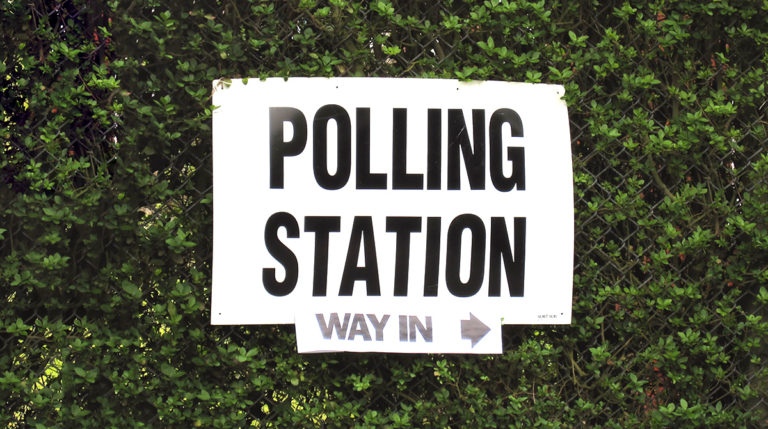
UK Snap Election Called, What Could it Mean for Your UK Pension?
06 June, 2017
On 18 April 2017, Prime Minister Theresa May called a snap election to be held on 8 June 2017. The call came as a surprise, as the Prime Minister had said she would not call an early election when she became Prime Minister less than a year ago. However, May is seeking a personal mandate to steer the UK through the looming Brexit negotiations with the European Union.
The announcement of a general election led many in the pensions industry to speculate that this could result in further radical reforms to the UK pensions’ regime. Areas highlighted as ripe for change include the current pension tax relief system, abolition of the UK’s lifetime allowance tax and scrapping of the UK state pension’s triple-lock guarantee. However, neither the Labour nor Conservative manifestos issued in May 2017 included masterplans for revamping UK pensions’ taxation. One area that was focused on by both parties, though, was the UK state pension.
The pensions Triple Lock for the UK state pension was introduced in 2010 and links annual state pension increases to the highest of inflation, CPI or 2.5% p.a. It was brought in as a means to help increase the state pension back to levels before the 1980s when the UK government removed the link to earnings. However, a report last year by the Works and Pensions Select Committee had recommended that the Triple Lock be scrapped by 2020 and replaced with something more affordable like a link to just average earnings. The rising cost of the state pension – £98 billion in the last year is deemed unsustainable.
Given the potential for any change to the Triple Lock to alienate voters, it was surprising to some that the Conservative manifesto notes the intention to switch to a Double-Lock from 2020. This Double-Lock would mean the state pension rising in line with earnings or inflation, whichever is highest. This contrasts with Labour (and the Liberal Democrats) who have committed to retaining the Triple-Lock.
Unlike the Conservative manifesto, which acknowledges that the state pension age will rise, Labour committed in its manifesto to retain the state pension age at 66 from 2020, with no proposals to increase it further. The Conservatives, while not stating in the manifesto how much or how fast of an increase would occur, did in the last government state that state pension age would rise to 67 by 2028 and 68 by 2046. Last month Theresa May postponed a response to a year-long independent report that recommended increasing the state pension age.
Irrespective of which party wins the general election, it will be important for the government to put in place firm policies on pensions and, in particular, the UK state pension to ensure the long term sustainability of both public finances and individual savings.
Photo is copyright (c) 2016 Paul Albertella and made available under CC BY 2.0
